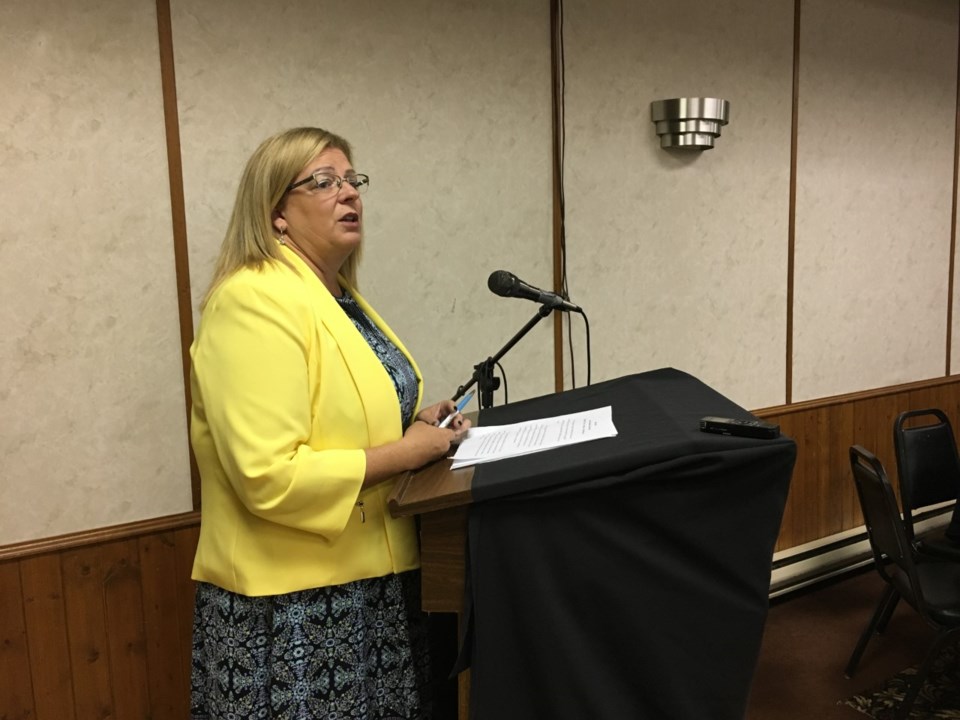The provincial government released its budget on Monday, and included in the document is spending for several local projects.
Among the highlights for those in the Estevan area is the previously announced establishment of a specialized crystal methamphetamine inpatient treatment centre at St. Joseph’s Hospital in Estevan, the construction of numerous sets of passing lanes on Highways 39 and 6 between Regina and the Canada-U.S. border, and the resurfacing of Souris Avenue South/Highway 47 from Fourth Street to the Canada-U.S. border.
The document also includes money for municipalities in the form of provincial revenue sharing and the Municipal Economic Enhancement Program that will support the city’s operations and capital expenses.
The budget also has support for the energy sector, with money for the abandonment and reclamation of inactive oil and gas wells and facilities, and help for agriculture, highlighted by $10 million to help livestock producers manage the impacts of COVID-19-related market disruptions.
But the budget did not include a commitment to construct a new regional nursing home in Estevan, even though the local money has been in place for the project for more than five years.
Estevan MLA Lori Carr said the province is not in the position it wanted to be in when the financial plan was originally to be released on March 18.
“Right now, because of the reduction in revenues and the additional costs related to the pandemic, we’re going to end up with budgeting for a $2.4 billion deficit,” Carr told the Mercury.
But she believes the supports put forward by the province for individuals and businesses were important and needed to insure stability.
Carr was pleased to see some of the items that were included when the province released its cost estimates in March were still in the budget, most notably the addictions treatment centre at St. Joe’s and highway improvements.
“All of that money is going to continue to flow, and those projects are going to carry on,” said Carr.
The funding for municipalities will help offset some lost revenue in case people are unable to pay their property taxes or utility bills due to the COVID-19 pandemic.
She’s also pleased that health, education and social services received a bump in funding this year.
“Once we get back to normal, people should see the services that they’re used to receiving, and I think that’s important for people to know, that we will get back to normal,” she said.




